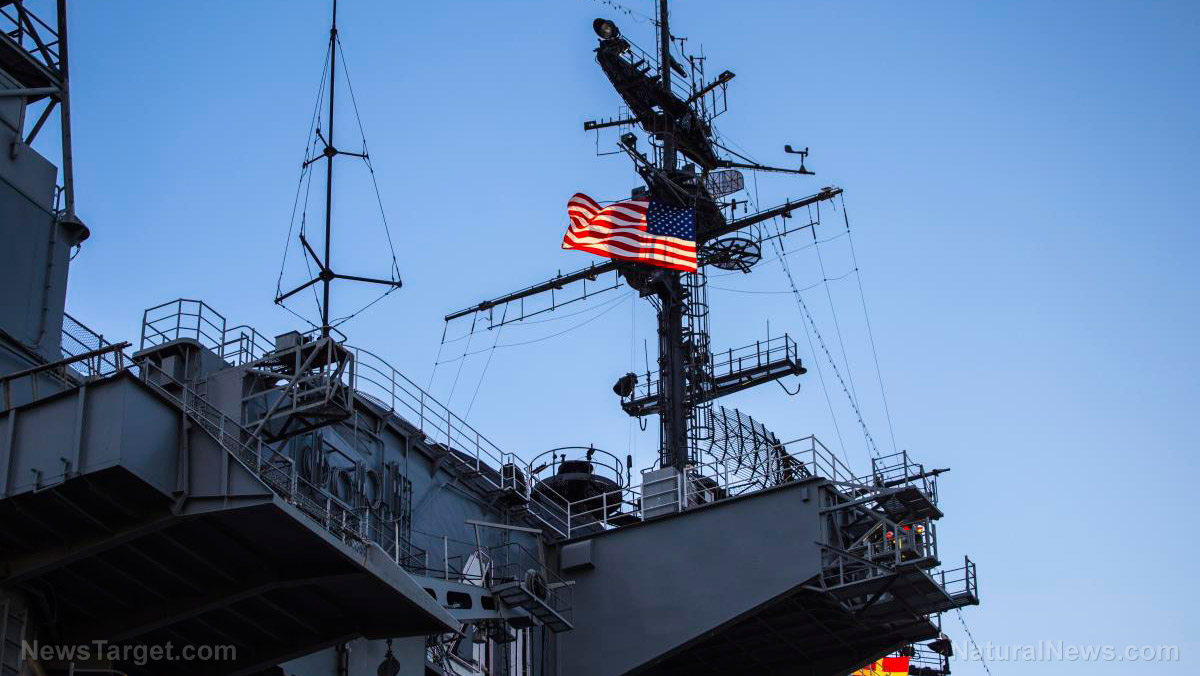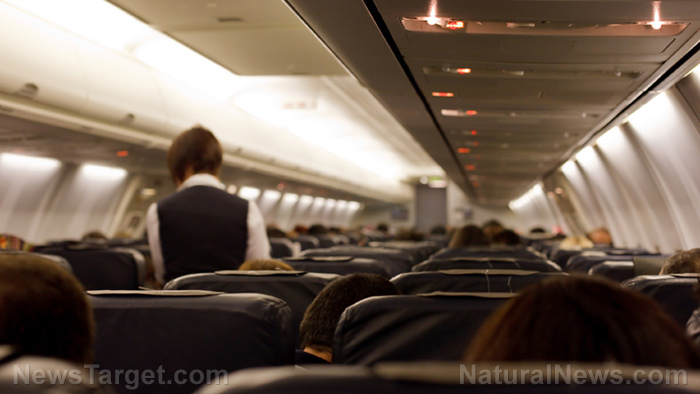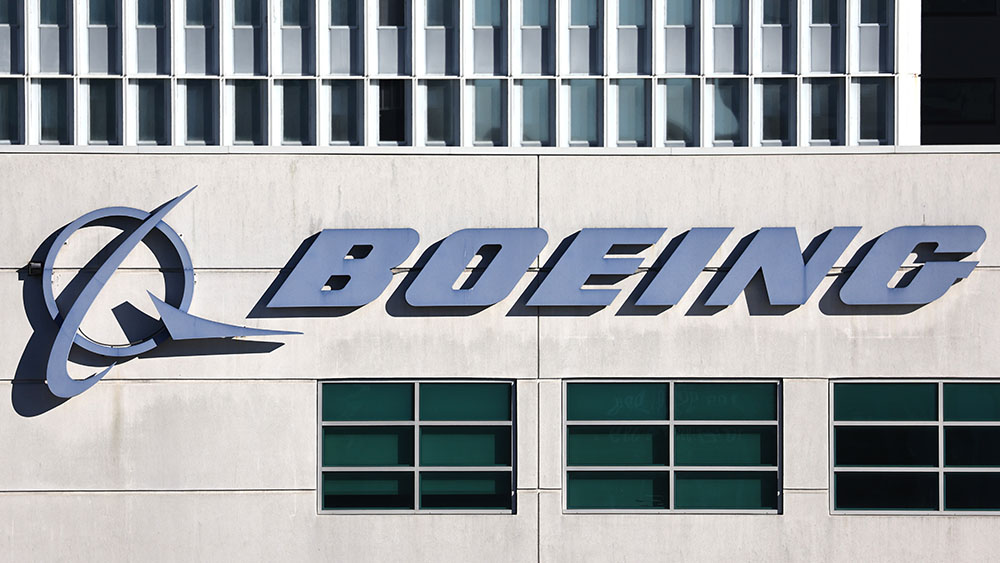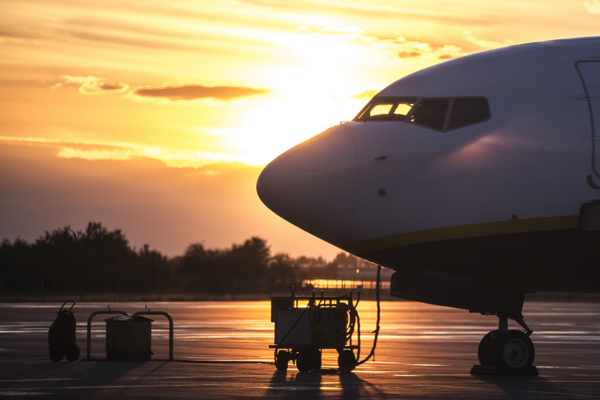
An investigation revealed that a United States Navy supply ship was run aground by a junior officer off the coast of Bahrain after the ship's captain left the bridge to eat dinner.
The USNS Alan Shepard had completed a maintenance period on July 15 and was headed to a port in Bahrain when she was diverted to an area just offshore to wait for a pilot.
The master took the ship there and then went to eat dinner, leaving the ship in the hands of a far more junior third officer. Not more than 30 minutes later, the Alan Shepard was grounded on a shoal.
The ship's master when it went aground was Adel Desouki, a civilian captain with the Military Sealift Command.
According to Cmdr. Tim Hawkins, spokesman for U.S. Naval Forces Central Command (NAVCENT), the ship had 85 crewmembers aboard when the grounding incident occurred.
NAVCENT's investigation summary stated that Alan Shepard was moving to a pier at Khalifa Bin Salman Port in Al Hidd, Bahrain to finish repairs to one of its marine diesel generators. Bahraini port authorities had told the crew to wait for a harbor pilot to guide them into the pier.
The ship traveled toward a designated waiting area. At 4:49 p.m., the master of the ship handed control to the third officer and told him to proceed as planned and keep the ship within the waiting area.
Based on the findings the master, the navigator and the chief's mate all left the bridge to eat dinner. (Related: "We're going to lose a major war:" U.S. Navy deletes photo of ship commander shooting rifle with scope optics mounted backwards.)
The investigative summary that was given to Military.com discovered that after the ship's master – in addition to the navigator and the chief mate – left to eat, the ship's third officer "became distracted by a fishing vessel" and tried turning the Alan Shepard to avoid it.
The third officer, whose name was not mentioned in the summary, "was not cognizant of the ship's position with the shoals and shallow water while he was maneuvering the vessel." The ship would not be freed until the next day with the aid of tugboats and the rising tide.
The investigation cited that Alan Shepard's standing orders command "the master will be on the bridge" when the ship is in shallow water. It mentioned the failure of the ship's highest officers to follow their own rules as one of the reasons that led to the incident.
Navy could have lost the Alan Shepard in the accident
According to Sal Mercogliano, a maritime historian and professor at Campbell University in North Carolina, the U.S. narrowly avoided a disaster.
"It could have easily resulted in the loss of the ship. This for me solely falls on the shoulders of the master," Mercogliano said during a recent phone interview after reviewing the investigation summary. Mercogliano, who has traversed the region before as a merchant mariner, stressed that a ship's master would not usually leave the bridge while sailing through Bahrain's busy waters.
"You're asking your most junior officer to do some tight maneuvering," said Mercogliano, adding that the master could have asked for food to be delivered to the bridge.
The investigative summary presented by the Navy made no mention of any disciplinary actions taken in the wake of the incident, and Stars and Stripes, which was the first to report on the investigation's results, discovered that the master in charge of the ship that day still holds a valid merchant mariner credential.
The summary added that a later diver inspection and evaluation revealed that the ship suffered only minor scratches to the paint on its hull and no other damage.
The Navy in contrast generally relieves warship commanders of their command for even minor grounding incidents.
Just weeks after the Alan Shepard incident, the Navy dismissed the skipper of the USS Howard, Cmdr. Kenji Igawa, after the ship suffered a "soft grounding" on August 10 as it was going into Bali, Indonesia, for a port visit. The ship was able to free itself after the grounding incident.
The Alan Shepard was launched in 2006 and has capacity for a crew of more than 120, all of whom are usually civilian mariners licensed by the U.S. Coast Guard. The ship is employed to transport cargo and supplies for Navy vessels at sea.
The Alan Shepard is presently operating in the Middle East, based on public ship trackers, and has been assisting the USS Dwight D. Eisenhower and the rest of that strike group.
Watch this episode of "Brighteon Broadcast News" as host Mike Adams, the Health Ranger, discusses how the U.S. Navy has turned into "clown world" following the release of an embarrassing photo with a Navy commander.
This video is from the Health Ranger Report channel on Brighteon.com.
More related articles:
Navy to randomly test special operations forces for steroids and other performance-enhancing drugs.
Biden's woke Navy now training sailors to create proper pronoun "safe spaces" as Russia, China laugh.
Purposeful sabotage? U.S. Navy responds to recruiting shortages with drag queen digital ambassador.
Sources include:
Please contact us for more information.




















